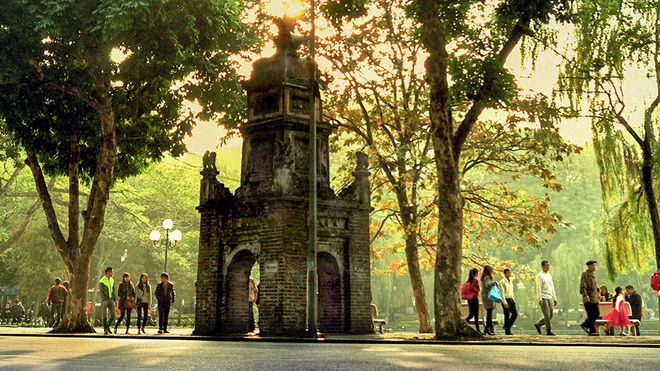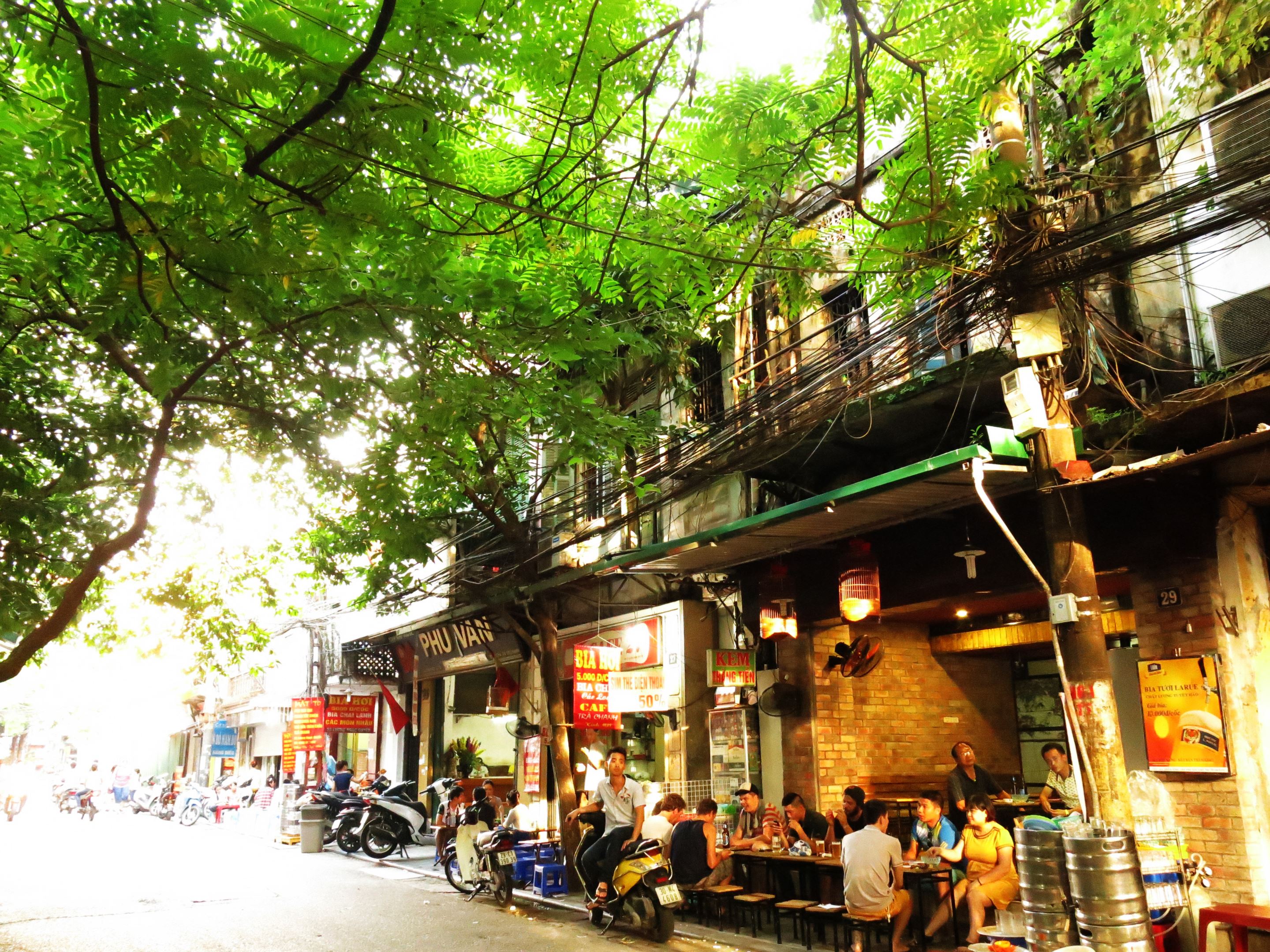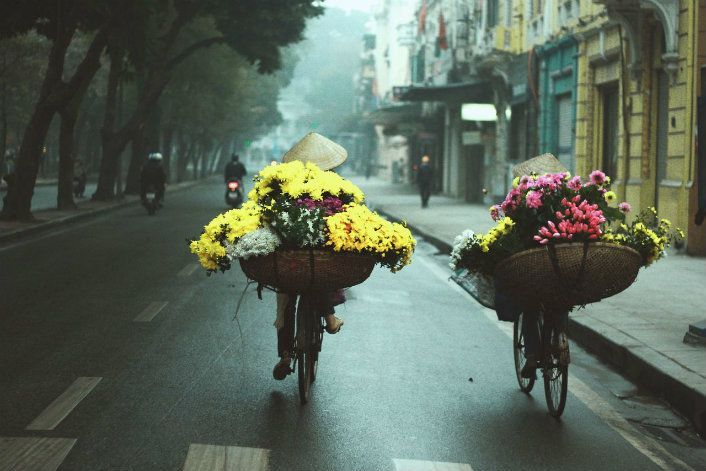But if I could only choose one word to describe Vietnam, I would choose "affectionate." To me, Vietnam is a country full of warmth and affection. I've only lived in Hanoi for almost a year, but I've felt the warmth and affection that Vietnamese people have for each other and for foreigners like me. For example, Vietnamese people always share their joys with each other and visit and encourage those who are sick. Once, when they saw me looking for lost items, they asked about my situation and helped me find them as if they were the ones who had lost them. Experiencing life in Vietnam, I've also realized that asking for personal information on the first meeting, like whether someone is married or not, is also a way for Vietnamese people to show affection towards foreigners.

In my opinion, relationships between Vietnamese people are closer than those between Japanese people. Vietnamese people have a custom of inviting each other to their homes for meals if they feel like it, while most Japanese people don't invite others to their homes unless the other person is a very close friend. Vietnamese people can freely joke and tease each other without worrying too much about offending the other person, whereas Japanese people cannot do that. Vietnamese people are even more open with foreigners. They enthusiastically welcome and happily interact with foreigners, while Japanese people tend to feel shy and hesitant to open up. In general, Japanese people prefer to maintain a certain distance from others. Japanese people will feel uncomfortable if asked about private matters, even if the questioner is a family member.
During my time in Vietnam, a Vietnamese friend once did something that deeply disappointed me. I didn't want to continue the relationship, so I remained silent when I encountered him. However, some other Vietnamese people advised me to be more "tactful." At the time, I wondered what "tactful" meant and why I needed to be tactful with someone I disliked. After receiving an explanation, I understood what the Vietnamese meant: if I cut off the relationship with that friend, I might lose someone who could help me in the future. Actually, relationships among Japanese people are very simple, so I found this Vietnamese approach difficult to understand. If Japanese people lose trust in someone, they end the relationship or simply stop caring. The relationship can never be restored to its previous state. Conversely, Vietnamese people try to be gentle and tactful to maintain long-term relationships. I think the reason Vietnamese people are able to do this is because they know how to behave tactfully, but it also stems from genuine feelings.

The deeper reason is that Vietnam is an agricultural country. Agricultural life depends heavily on nature, so people need to support each other to survive. Currently, over 60% of Vietnamese people still live in rural areas. They still maintain the saying, "Sell distant relatives, buy close neighbors." This means that the role of neighbors or people around them is very important to Vietnamese life, and they need to maintain relationships with them. I think this is a beautiful way of life.
In Vietnamese culture, there is a sentiment called "forgiveness." My teachers told me that:DoiceOhi nhwomanng cuoc chiunmarketableThe war is over,mani VieI neveruhforgetUhng ngmani VieI haveeforgivebloatedI told my friends this when they asked about the relationship between Vietnamese and Americans. They thought that Vietnamese people hated Americans because of the war. I also explained that Vietnamese people consider Americans as normal friends, even though the memories of the wars have never faded. In my opinion, this is a great advantage of the Vietnamese people because forgiveness is very difficult for humans, and human nature tends to hold grudges against others. Being friendly and cooperative with countries that were once enemies in war could be a "secret" to Vietnam's rapid post-war development.

Having lived in a "rational" country like Japan, living in an "emotional" country like Vietnam has given me many interesting experiences. I don't want to say which lifestyle is better, nor can I conclude which way of life is right or wrong. I just want to say that life in Vietnam has given me many emotions and helped me develop a more positive attitude towards life. I am very grateful to your country.
Author:Naoko Kobayashi (Department of Vietnamese Studies and Vietnamese Language)
Newer news
Older news